Industrial Machinery
Digital transformation in the manufacturing industry
Technological innovation, demanding customization and fierce global competition require industrial machinery manufacturers to continuously innovate and optimize products. To this end, machinery manufacturers must employ advanced multidisciplinary design techniques and virtual tools to reduce time to market, improve machine performance, engineer greater reliability, and take control of the cost of ownership.
Industry Segments
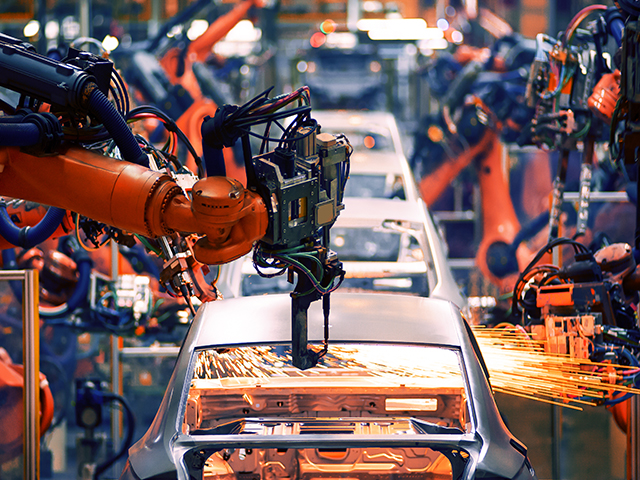
Machine Builders
Manufacturers of complex industrial machinery facing customization, regulatory and globalization demands.
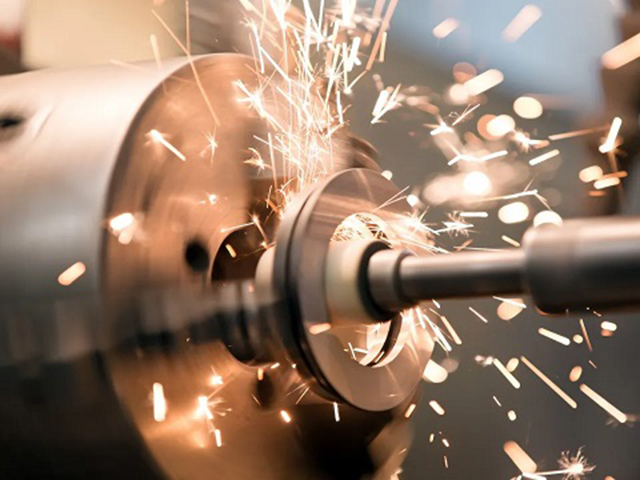
Machine Tool Makers
Manufacturers of metal cutting and additive manufacturing machines facing changing requirements and fierce competition.
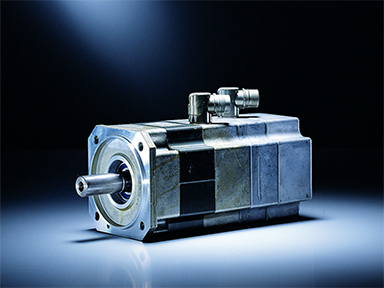
Component Manufacturers
Producing specialist, high quality and affordable components to machine builders.
Ready to discuss your PLM needs? Contact our integration experts.
Featured Solutions
Advanced machine engineering solutions
Enabling the plan-to-production process can be difficult. With Siemens Digital Industries Software’s machine design solution, Advanced Machine Engineering, your company can immediately begin the digital innovation journey and improve productivity. Our Advanced Machine Engineering solution ensures greater certainty in the development of mature machines, reducing ramp-up time in production through virtual design and commissioning, resulting in better upfront validation, shorter commissioning times, and more immediate productivity.
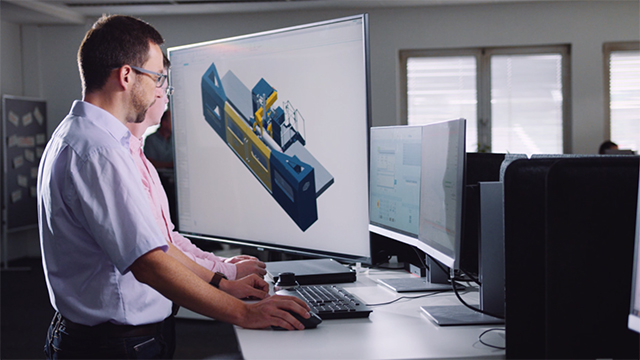
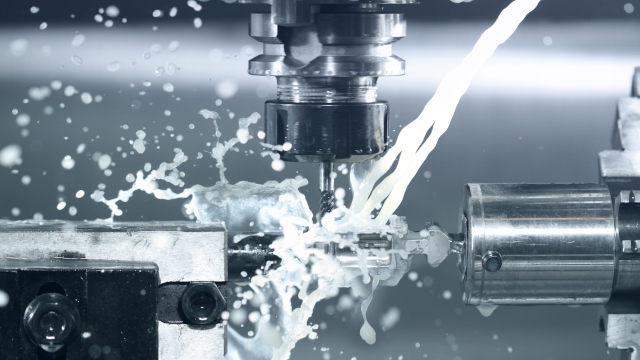
Digital part production
Original equipment manufacturers, as well as their supply chain partners, are tasked with manufacturing parts and components for industrial machines. For both organizations, functionality on the shop floor is critical. Our Digital Part Production solution ensures new parts are integrated into the larger machine while meeting high tolerances and precision needs. This provides parts that are built quickly and ensure reliability and the highest quality while maximizing production capacity.
Service lifecycle & analytics
Companies that leverage an end-to-end approach to managing products are more likely to optimize their processes, increase productivity and decrease wasted resources. An important component in product lifecycle management are analytics. With our service lifecycle and analytics solutions, we help you leverage the internet of things to gain key insights on machine performance, production levels and other operational areas. These metrics form the basis of the comprehensive digital twin, a virtual representation of machines used for testing machine/factory conditions and actionizing strategic decisions.

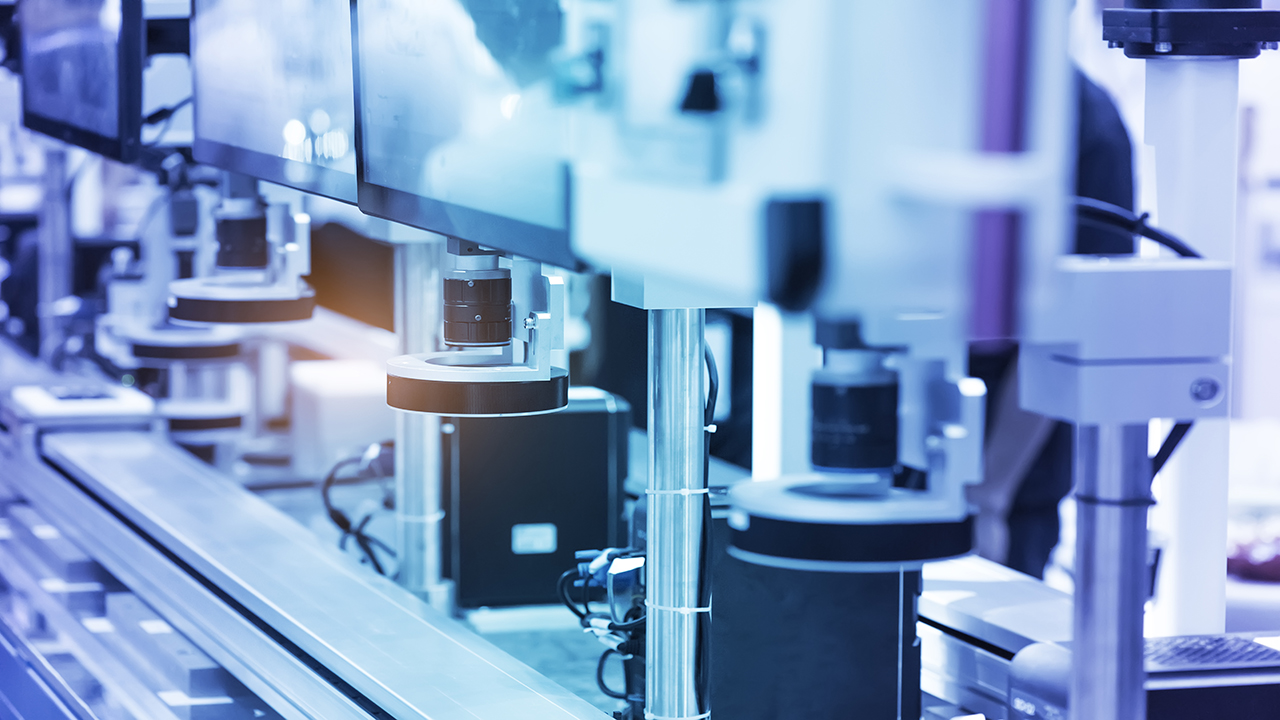
Accelerated product introduction
Component manufacturers are often challenged to supply machine builders with the latest and greatest assets. Assets can range from small, simple, single-piece items, to complex hydraulic, pneumatic and electrical units engineered in large quantities. By tapping into virtual machining solutions, these two segments can deliver products at volume while tracking changes throughout the development process, helping drive down costs and optimize output.


